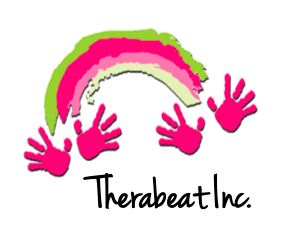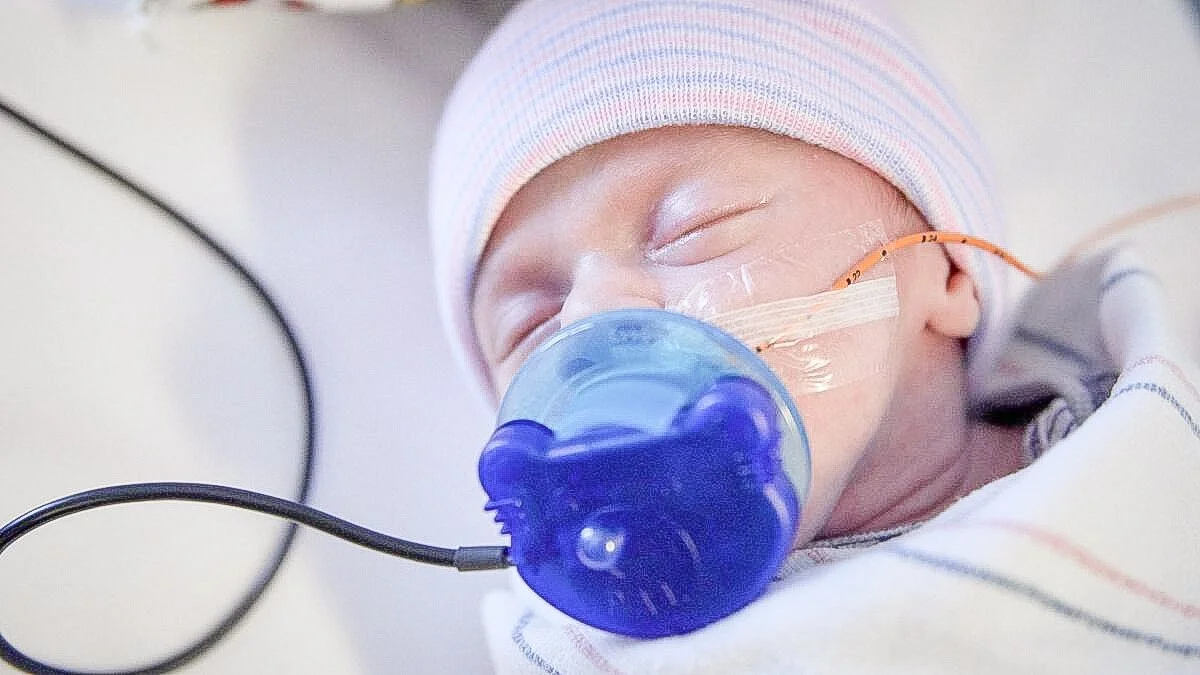From the womb to the NICU, early sensory experiences, especially those involving sound, play a vital role in an infant's neurological and emotional development. While full-term babies often benefit from natural bonding and soothing environments, premature infants in the NICU may face sensory challenges that can impact their growth and well-being. Music therapy offers evidence-based practice as a way to bridge these gaps, supporting both infants and their caregivers through carefully tailored auditory interventions.
The Challenges of the NICU
After birth, calming sensory experiences and close physical contact, such as skin-to-skin care, are essential in promoting healthy neurodevelopment. However, for premature infants in the NICU, these early bonding opportunities are often limited or delayed. Instead of a soothing environment, NICU babies may be exposed to frequent and unpredictable stressors, including sudden alarms, harsh lighting, medical procedures, and persistent background noise.
This kind of overstimulation during such a vulnerable period can have significant consequences. Early auditory experiences are critical for brain development, and excessive noise in the NICU has been associated with physiological distress in infants. These responses may include irregular heart rates (either tachycardia or bradycardia), apnea, reduced oxygen saturation, increased muscle tension, elevated blood pressure and intracranial pressure, disrupted sleep, and agitation. Over time, these stressors may also impact long-term outcomes, including hearing and speech development. In fact, studies have shown that infants who remain in the NICU for more than four days are at an increased risk for hearing loss.
Music Therapy in the NICU
Music therapy can help restore some of the sensory and emotional experiences that NICU infants miss. It can help support both babies and their caregivers.
For Infants, Music Therapy Can:
Reduce stress
Relieve pain
Improve feeding behaviors
Support vital signs (like breathing, oxygen saturation, and heart rate)
Shorten NICU stays
Strengthen the infant-caregiver bond
For Parents, Music Therapy Can:
Decrease anxiety
Provide emotional and bereavement support
Teach coping strategies
Offer NICU education and training
Support the transition to home through discharge planning
Music Therapy Interventions for Premature Babies
Music therapists work closely with families and medical teams to design personalized interventions. They especially incorporate the parent’s voice, which is comforting and neurologically beneficial for the baby.
Passive Music Listening
For babies 28 weeks gestation and up: Soft lullabies, often sung live by the mother or therapist, help lower stress and regulate vital signs.
Passive Music Listening
For babies 28 weeks gestation and up: Soft lullabies, often sung live by the mother or therapist, help lower stress and regulate vital signs.Multimodal Neurological Enhancement (MNE)
For babies 32 weeks and up: Combines soothing music with gentle touch, movement, and visual cues to promote sensory integration.Contingent Music
For babies around 34 weeks who struggle with feeding: Use tools like the Pacifier Activated Lullaby (PAL), which plays music when the baby sucks on a pacifier, encouraging proper sucking and feeding skills.
-Asila Folds, Music Therapy Intern
Resources:
Krueger, C,. & Garvan, C. (2014). Emergence and retention of learning in early fetal development. Infant Behavior and Development, 37(2), 162-173.
Blackburn, S. (2017). Maternal, fetal, and neonatal physiology (5th ed.). Saunders.
Standley, J. M. (2023). Evidence-based music therapy for premature infants (3rd ed.).

